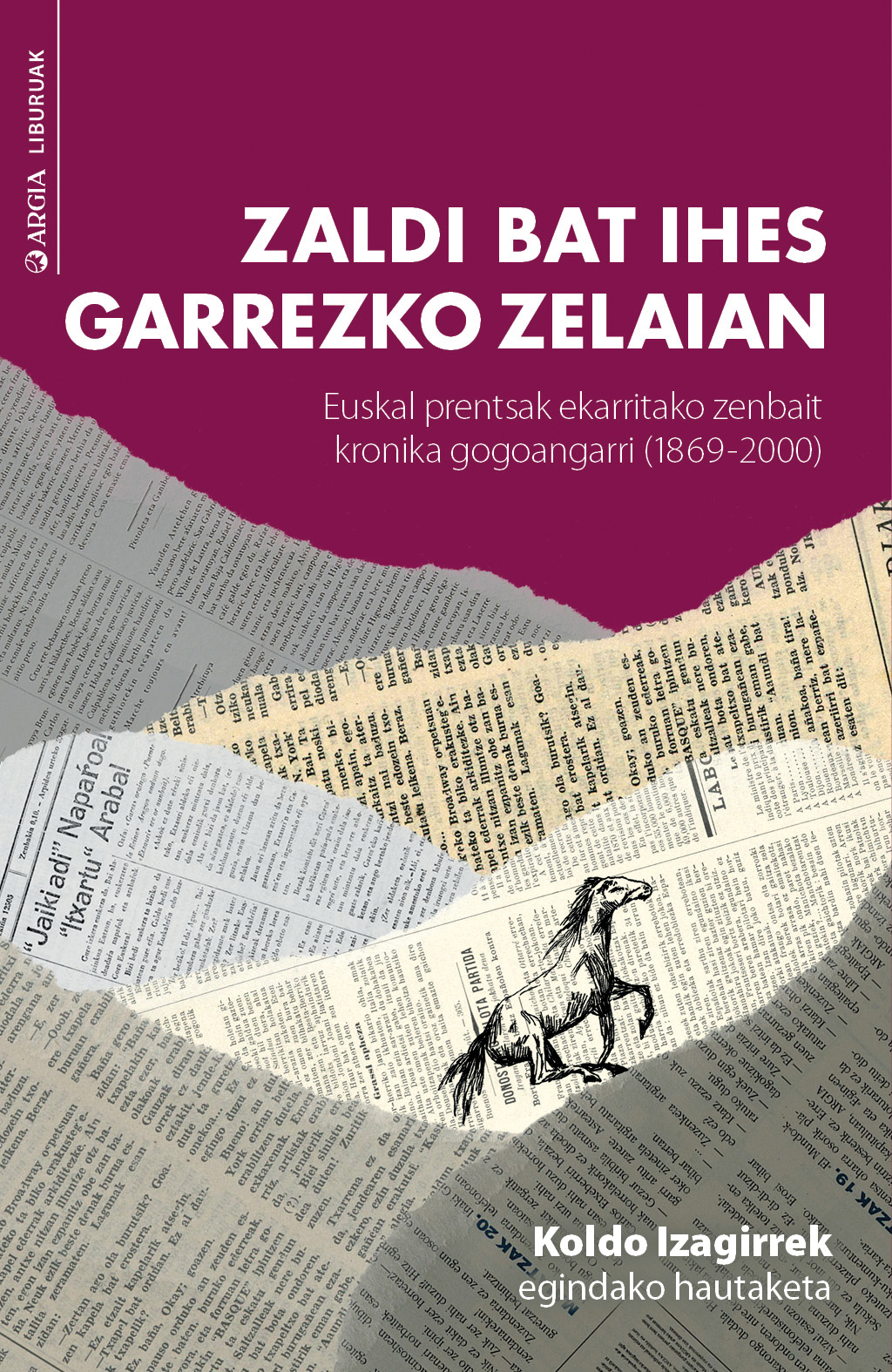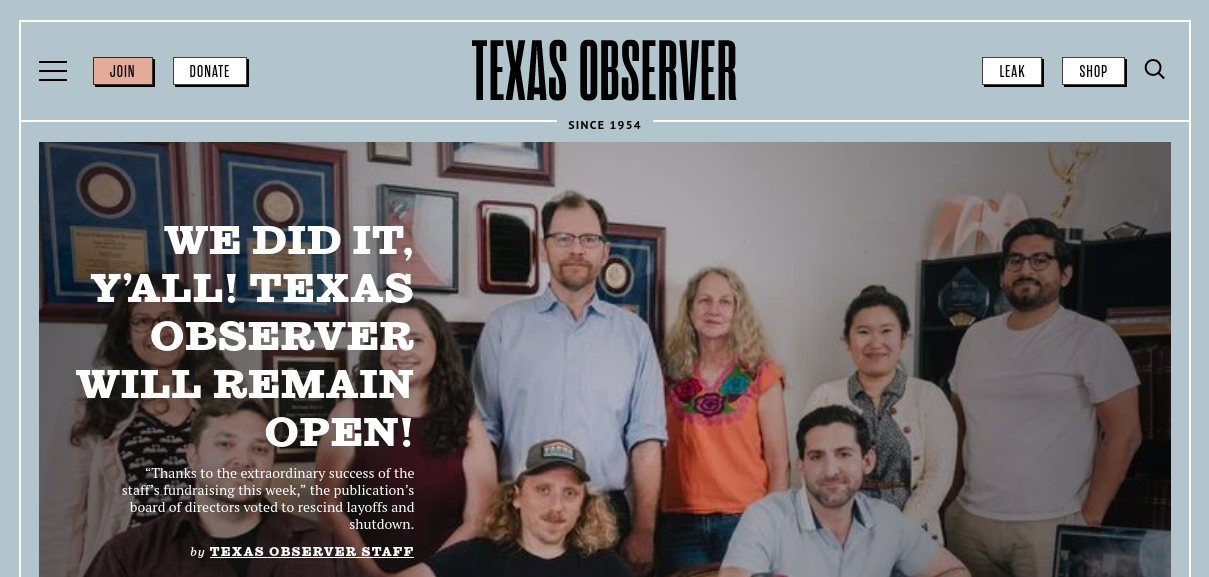Press freedom has barriers in more than 130 countries
- According to journalists without Borders, working as a journalist has serious difficulties in 73 of the 180 states on the list, and in 59 other states it is difficult to do so.

The World Press Freedom Index assesses each year the situation of press freedom in 180 countries and territories. According to the latest analysis, journalism has serious drawbacks in 73 of the 180 states on the list, and in another 59 states it is difficult to do so. In total, 73 per cent of the countries studied cannot practice journalism in one way or another without obstacles.
According to the list published by Reporters Without Borders, Norway is the best country for journalism, while Eritrea is the worst country for journalism. After Norway, Finland ranks third and Sweden ranks third. The Scandinavian countries dominate the freedom of the press.
Journalism can be done freely or under appropriate conditions in the first twelve countries on the list. This year Germany has been left out of this group because protesters attacked journalists in mobilizations against the health emergency. In the case of the United States, the situation is pretty good, even though during Trump's mandate journalists suffered nearly 400 attacks and 130 arrests.
According to the List of Journalists Without Borders (CIV), Eritrea is the worst country to practice journalism, as it has full control of information. 20 years ago, ten journalists were arrested in the country and their identities have not yet been made known. In the case of China, the institution has also shown concern about the maintenance of censorship, strict surveillance and internet propaganda.
The Spanish and French States occupy the same place as last year, at 29 and 34 respectively. In the case of the Spanish State, the association Reporters Without Borders assures that they are concerned about the lack of transparency in the institutions. They have also denounced that the pandemic situation has worsened conditions, due to the state of alarm and all the cutbacks that are in place.
Misinformation vaccine
“Journalism is the best vaccine against misinformation,” said General Secretary of Journalists Without Borders, Christophe Deloire. In addition, the association has denounced that journalistic production and dissemination is often blocked by political, economic and technological factors.
According to data from the Edelman Trust 2021 barometer, citizens distrust the work of journalists: 59 per cent of people in 28 countries believe that journalists deliberately disseminate false information, according to data provided.
Dagoeneko erreformaren %96 adostuta dute Espainiako Kongresuan erreforma lantzen ari diren alderdiek, eta datorren astean akordio batera iritsiko dira, El Plural.com-en irakurri dugunez.





















